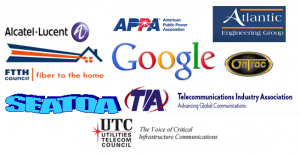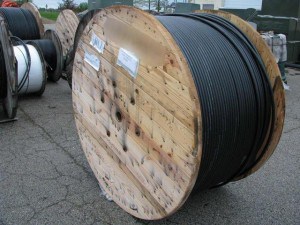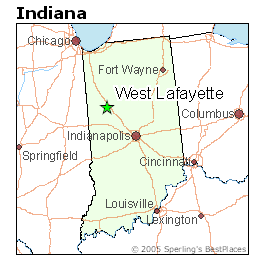 A coalition of high tech companies including Google and Alcatel-Lucent are warning South Carolina legislators they are playing with future high tech jobs and will stifle the state’s digital economy if they grant the request of large phone and cable companies to make it difficult, if not impossible for community-owned broadband to compete. Alcatel-Lucent, American Public Power Association, Atlantic Engineering, Fiber to the Home Council, Google, OnTrac, Southeast Association of Telecommunications Officers and Advisors, Telecommunications Industry Association, and the Utilities Telecom Council all co-signed the letter addressed to the state’s Senate Judiciary Committee:
A coalition of high tech companies including Google and Alcatel-Lucent are warning South Carolina legislators they are playing with future high tech jobs and will stifle the state’s digital economy if they grant the request of large phone and cable companies to make it difficult, if not impossible for community-owned broadband to compete. Alcatel-Lucent, American Public Power Association, Atlantic Engineering, Fiber to the Home Council, Google, OnTrac, Southeast Association of Telecommunications Officers and Advisors, Telecommunications Industry Association, and the Utilities Telecom Council all co-signed the letter addressed to the state’s Senate Judiciary Committee:
January 31, 2012
Dear Senator McConnell and Members of the Senate Judiciary Committee:
We, the private-sector companies and trade associations listed below, urge you to oppose H.3508 because these bills, on top of South Carolina’s existing barrier to public communications initiatives, codified in SC Code §§ 58-9-2600 et seq., will harm both the public and private sectors, stifle economic growth, prevent the creation or retention of thousands of jobs, hamper work force development and diminish the quality of life in South Carolina. In particular, these bills will hurt the private sector in several ways: by curtailing public-private partnerships, stifling private companies that sell equipment and services to public broadband providers, and impairing educational and occupational opportunities that contribute to a skilled workforce from which businesses across the state will benefit.
The United States continues to suffer through difficult economic times. The private sector alone cannot lift the United States out of this crisis. As a result, federal and state efforts are taking place across the Nation to deploy both private and public broadband infrastructure to stimulate and support economic development and jobs, especially in economically distressed areas. For example, in South Carolina, Orangeburg and Oconee Counties have received broadband stimulus awards to bring much-needed broadband services and capabilities to communities that the private sector has chosen not to serve adequately. H.3508, together with SC Code §§ 58-9-2600 et seq., would impose burdensome financial and regulatory requirements that will prevent public broadband providers from building the sorely needed advanced broadband infrastructure that will stimulate local businesses development, foster work force retraining, and boost employment in these economically depressed areas.
Consistent with these expressions of national unity, public entities across America, including South Carolina, are ready, willing, and able to do their share to bring affordable high-capacity broadband connectivity to all Americans. Enactment or retention of direct or effective barriers to community broadband, such as H.3508 and SC Code §§ 58-9-2600 et seq., would be counterproductive to the achievement of these goals. These measures are also inconsistent with our country’s National Broadband Plan, which recommends that no new barriers be enacted and that existing barriers be removed.
We support strong, fair and open competition to ensure that users can enjoy the widest range of choices and opportunities. H.3508 is a step in the wrong direction. South Carolina should be removing barriers to public broadband initiatives rather than establishing new ones, so that high technology companies can spread and prosper into all the communities in this beautiful state. Please oppose H.3508, repeal SC Code § 58‑9‑2600 et seq., and reject any future measures that could significantly impair municipal broadband deployments or public-private partnerships in South Carolina.
Stop the Cap! earlier noted this legislation is heavily sponsored by AT&T and other telecommunications companies already operating in South Carolina. Several months ago, we reported on South Carolina’s woeful broadband: A Corridor of Shame, with large sections of the state without anything close to “broadband” service, even as state legislators in 2009 leased away the state’s publicly owned Educational Broadband Service-spectrum to private companies like Clearwire that don’t appear to be delivering any service in South Carolina.


 Subscribe
Subscribe







